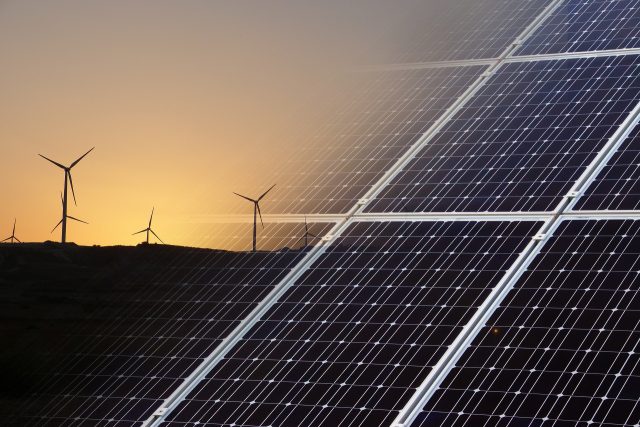
At the Davos Forum, the President of the European Commission launches an Industrial Plan for the Green Deal
The EU says it is ready to implement a plan to make the transition to zero emissions, avoiding new financial dependencies. The financial plan devised by the European specialists would provide for limited state aid so as to avoid the fragmentation of the single market. From a regulatory standpoint, the new NetZero Industry Act will follow along the lines of the Chips Act.
At the table of discussions in recent days there is also the invitation from China to decentralize, in Asian territory, all European companies with high energy expenditure and, this request, will necessarily have to submit to very accurate and in-depth control procedures to prevent this practice from having benefits only for the Chinese related industries and too low an economic return for European properties as well as for the environment. The management of such a logistic-industrial exchange must be kept under control but, at the same time, it must not penalize relations between China and Europe.
To limit dependence on foreign countries in the production and research of industrial raw materials, the Critical Raw Materials Act will have the objective of strengthening the refining, processing and recycling capacity of materials so as to make Europe totally independent at every stage required by industrial procedures. The plan will not undermine collaborative relationships with other nations but will only serve to optimize the production capacity of the old continent.
Meanwhile Ursula von der Leyen, again at the Davos Forum, reassured industrial sector analysts on the possibility that certain elements of the Inflation Reduction Act could reduce the incentives for companies. The EU is working with the USA to find a solution to the concerns raised, trying to guarantee a share of the aid of 369 billion, also for European companies in compliance with green standards and electric cars so as to encourage their production and purchase. It will be essential, according to the president of the European Commission, to maintain a program of balanced, effective incentives that can reinforce each other in a long-term vision in transatlantic investments.
To strengthen the positive conception, by investors, towards the development of more ecological energy sources, it is no longer only the need to protect the environment but also the very security of energy supply, never as relevant as in this period of international geopolitical instability. Already in recent years, investments in renewable energies have almost doubled those aimed at fossil fuels and the goal is to make them at least 10 times higher to ensure a truly eco-friendly industrial future. To arrive at such a result, there must be an enormous financing effort by all advanced and developed countries in favour of the so-called “emerging” states, where the cost of capital is much higher.
The objective of the Green Deal Industrial Plan, promoted by the presidency of the European Commission, will be to support the competitiveness of industries, of the territory, which operate by adopting technologies with reduced environmental impact, transforming Europe, in the coming years, into the home of innovation industry and clean technology. Among the first steps, for a similar development, the Net Zero Industry Act will provide for a clear simplification in the request for authorization necessary for the construction of new production sites of clean technologies, thus accelerating all the bureaucratic phases useful for the required development.
These changes relating to green investments will have to be made applicable in the shortest possible time, considering the speed at which the international ecological transition is developing. Already by 2030, half of the cars in the USA, for example, will be represented by electric vehicles and many of the companies operating in various sectors will have integrated their usual production systems with other ecological and innovative ones.
Alessandro Fiorentino



 Subscribe
Subscribe